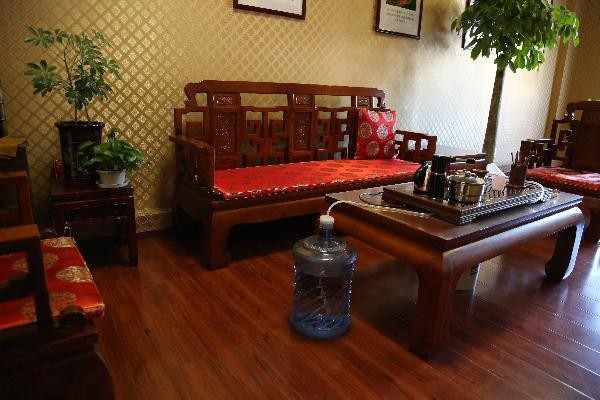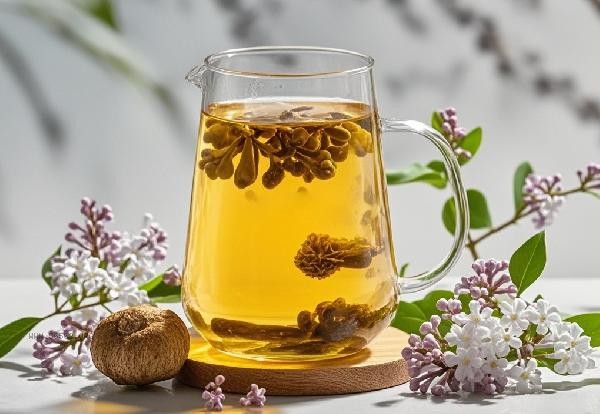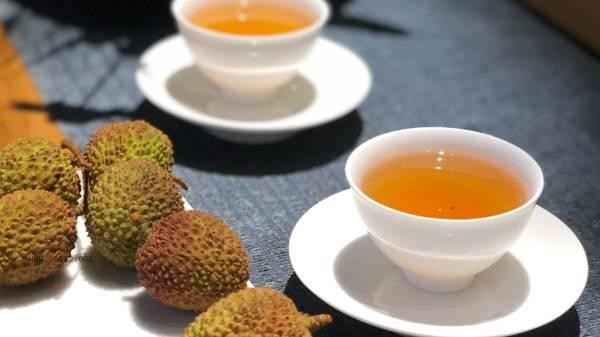The wooden fish stone water cup can be used to brew tea, but it is important to avoid soaking acidic tea drinks for a long time. Muyu stone is a natural mineral containing various trace elements, commonly used in making tea sets or water cups. Its microporous structure may adsorb tea soup components, and long-term use may affect tea taste and cup color.

When brewing tea with a wooden fish stone water cup, it is suitable for brewing tea with a high degree of fermentation, such as black tea, black tea, or ripe Pu'er tea. These tea soups have mild properties and are not prone to significant reactions with mineral components. After brewing, it is recommended to drink it in a timely manner to avoid the tea soup staying in the cup for too long. Thoroughly clean the cup body after use to prevent tea stains from depositing and blocking the micropores. The material of wooden fish stone has good insulation properties, and the water temperature during brewing can be slightly lower than that of conventional tea sets, about 80-85 ℃ is suitable.

It is not recommended to soak acidic drinks such as lemon tea and hawthorn tea in wooden fish stone cups for a long time. Acidic substances may accelerate mineral precipitation and alter water quality and taste. Before using a new cup for the first time, it is recommended to soak it in clean water for 1-2 hours to activate mineral properties. If the cup body shows obvious discoloration or deepened patterns, the frequency of brewing tea should be reduced and replaced with ordinary drinking water cups.

Avoid using dishwashing detergent or hard brushes to clean the wooden fish stone water cup during daily maintenance. Regularly dip a soft cloth in baking soda water and gently wipe the inner wall to keep the micropores unobstructed. When stored, it should be placed in a well ventilated and dry place to prevent the growth of mold in a humid environment. Individuals with sensitive constitution can consult a traditional Chinese medicine practitioner before use to determine if it is suitable for long-term consumption of tea drinks stored in wooden fish stone containers.









Comments (0)
Leave a Comment
No comments yet
Be the first to share your thoughts!